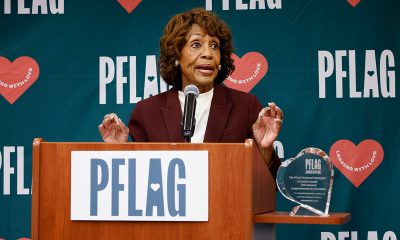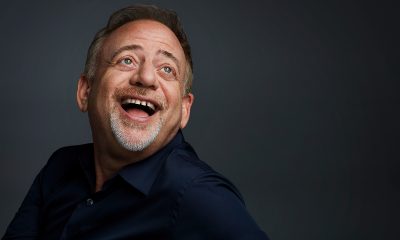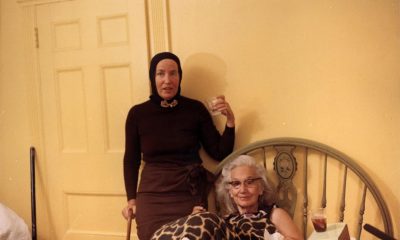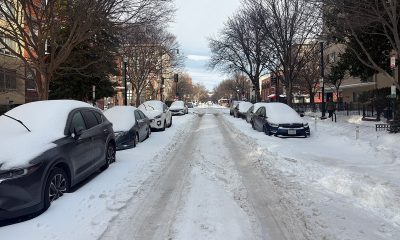Arts & Entertainment
Change of heart
Texas PFLAG mom shares journey of accepting her lesbian daughter
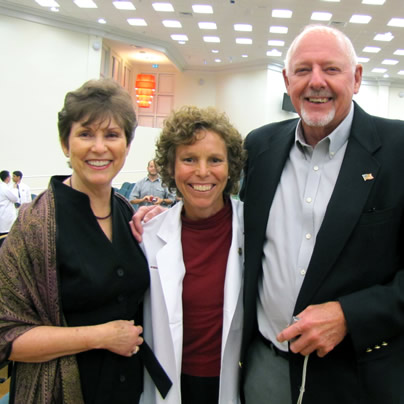
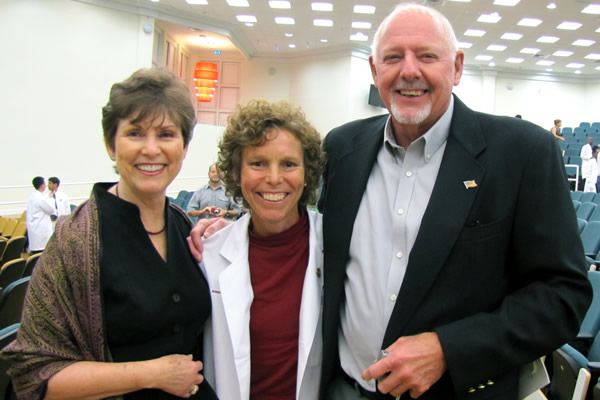
Shari Johnson (left) with her daughter Cholene and husband James in Grenada for Cholene’s white coat ceremony at the start of her medical school program in January 2011. (Photo courtesy Johnson/Changing Lives Press)
Shari Johnson hasn’t thought much about Mother’s Day.
“I really haven’t thought that far ahead,” the long-time Odessa, Texas, mother, grandmother, great-grandmother and conservative Evangelical Christian says by phone from her home. “[My children] pretty much call me if they’re available but I try not to put a whole lot of that unrealized expectation into things. They have their own lives and their own spouses so it’s about them and that’s how it should be and it works for us.”
Johnson might not be thinking much about being a mom this weekend but it’s a topic she’s thought about intently in recent years. Her first book “Above All Things,” published through her daughter Cholene Espinoza’s Changing Lives Press, comes out May 21 and tells of Johnson’s nearly decade-long journey from the time Cholene came out to her by phone as a lesbian in July 2002, to Johnson’s status now as a PFLAG mom (she started a chapter of the gay-affirming group in Odessa) who has retained her faith in the process (order the book here).
The book tells extensively of Johnson’s (a former dental hygienist) rocky early life, her born-again experience in 1971 after two failed marriages, the black-and-white world view that developed out of years of going to Evangelical churches and the painful journey that came from not only accepting her daughter being gay, but the extensive ramifications it had on every aspect of her life.
Though her prayer had initially been that Cholene — an overachiever pilot with years of Air Force and commercial flying under her belt who’s now in medical school — would “be delivered” from homosexuality, Johnson now sees the experience as a catalyst for a radical adjustment to her faith and overall world view. She credits God with her change of heart and writes several times in the book of experiences where she feels the Lord was speaking to her.
“I kept praying that God would change my daughter but I’m the one who ended up being changed,” Johnson writes. “Prior to this time, I thought I had all the answers. Now I’m not even sure that I understand the questions. I viewed life as being either black or white, there was no gray. I avoided anyone who didn’t think as I did. I was a ‘my-mind-is-made-up-don’t-confuse-me-with-the-facts’-type of person.”
But Johnson’s views began to evolve as she realized her daughter’s 2004 marriage to White House correspondent Ellen Ratner was bringing an unfairly different reaction than it would have had she been marrying a man, the hypocrisy she says Christians often exhibit when talking of the supposed sin of homosexuality compared to most other sins (of which Johnson says they often given themselves a “free pass”), and the realization that nobody (especially a Christian) would choose a gay orientation for themselves. These epiphanies had life-changing effects on her.
After years of study and thought, Johnson believes centuries of anti-gay preaching in Christian churches of most varieties comes down to mistakes in scriptural interpretation.
“If we believe that homosexuality is not a choice, then we have to either believe that God is cruel to have played this terrible trick on people and not the loving God we think he is (and that would be a God I could not serve),” she writes in the book. “Or there has to be a mistake in interpreting the scriptures. I chose to believe the latter.”
Though initially highly skeptical, Johnson feels the Lord brought her to a place where she was able to consider that she may have been wrong before.
“I always thought I had sought the will of God in my life before but I realize now what I had often been doing was going to him with my plan and then leaving before I got an answer,” she says. “If people are truly seeking, and all I’m asking people to do is consider that we could be wrong on the way some of these scriptures have been interpreted over the years, but when I finally got around to reading what some of these writers were saying — and I avoided even reading this stuff for the longest time — I realized I needed to start thinking for myself and not just keep blindly repeating what someone else had told me.”
Johnson credits the writings of Rev. Paula Jackson and her work “What Does the Bible Say About Being Gay? — Probably Not What You’ve Been Told,” with helping her expand her theological horizons. That Jackson didn’t write in a “histrionic, blasphemous, in-your-face” manner that “didn’t disregard my point of view,” resonated with Johnson.
“She just presented the facts and lets the reader come to his or her own conclusions,” Johnson writes. “The entire study boils down to this one question: What if we’re wrong?”
Espinoza, who eventually hopes to work as a doctor with Ratner in South Sudan, says it’s important for gay Christians to follow the example of Christ rather than get sidelined in what she and her mother now feel is misconstrued anti-gay theology.
“Christ did not have anything to say about homosexuality but he had a lot to say about love, honor and respect,” she wrote in an e-mail to the Blade. “If we are loving, honorable and respectful in our relationships, I think that reduces a lot of the guilt and self loathing in our heads. We need to separate those who condemn us from the message of love and reconciliation, the message that Christ has brought to us.”
Johnson has become a staunch advocate for LGBT acceptance within Christian churches in the Odessa area. It’s led to a thorny conundrum — she’s tried sharing her story, but often leaves Bible studies and church services feeling she’s been merely placated. She’s at a point now where she can’t stomach anti-gay teaching from the pulpit and has left several churches in frustration. She says gay-welcoming churches in her part of the state are pretty much non-existent.
Johnson has lots of interesting opinions on trends in the modern church, especially with the anti-gay teaching that abounds in the Bible Belt.
She concedes there is a time, whether it’s in the political or religious realm, where it’s OK to respectfully agree to disagree.
“This whole idea of, ‘You have to see things my way,’ that’s never worked in politics, religion or anything else,” she says. “It never worked and it never will. But God gave me a big wake-up call and I would love for other people to not have to go through what I went through. That’s really why I wrote the book.”
She says it’s possible that churches with anti-gay teaching that seem to be thriving — even those led by household-name preachers like Rick Warren and Joel Osteen — might not be as blest as it appears.
“You can’t always assume that God’s blessing a church just because of the numbers,” she says. “People go to church for all sorts of reasons. And when these men have been put on the spot on national television and asked about gay issues and the whole Christian community is sort of collectively holding its breath waiting to hear what they say, they give the accepted answer, but I doubt very seriously that’s what they’re preaching from the pulpit or what they really feel in their hearts.”
But could so many religious teachers have been so wrong for so many years on gay issues? Johnson says yes.
“It’s happened since creation,” she says. “Anytime man gets involved, he manages to screw things up … Anytime there’s been a religious movement that gets started, it’s basically that person’s idea of who God is and what sin is. We tend to think we have all this figured out but you know what the Bible says about our own righteousness — it’s like filthy rags to God.”
But how does someone — especially a gay teen struggling with suicidal thoughts growing up in an Evangelical household — know whom to listen to? Aren’t there well-meaning Christians who simply believe homosexuality isn’t part of God’s plan?
Johnson says that’s where her biggest concern lies — she wants LGBT teens and young adults to have a chance to consider the possibility that their being gay isn’t the sinful curse many churches make it out to be. It’s the main reason she started her PFLAG chapter.
“I don’t have an easy answer for this but we have to have a place for kids to go and hear a different message. They’re not exposed to it at home, they have no place to hear a positive message, they’re in trouble and it has nothing to do with who they really are.”
With so many voices out there claiming to be spokesmen for God or claiming to have heard from God directly, Johnson admits absolute truth is “not always easy to discern.” She says she knows it’s God speaking when she feels compelled to go out of her comfort zone for the greater good.
“I usually know that if it’s contrary to the way I think, it’s usually God,” she says with a self-deprecating tone she uses often in the book. “I tend to line up with the other guy more often in my own thinking. But I can tell if I’m doing something for selfish reasons or whatever, it’s not of God. He does not let up. If it’s something I feel I’m supposed to do … I’m usually thinking, ‘Don’t make me do this.’ You have to learn to set aside the voice of past teaching, past thinking. … For everyone it’s different, but I feel when it’s truly God speaking, it’s a different thing and you know it.”
Italy
Olympics Pride House ‘really important for the community’
Italy lags behind other European countries in terms of LGBTQ rights

The four Italian advocacy groups behind the Milan Cortina Winter Olympics’ Pride House hope to use the games to highlight the lack of LGBTQ rights in their country.
Arcigay, CIG Arcigay Milano, Milano Pride, and Pride Sport Milano organized the Pride House that is located in Milan’s MEET Digital Culture Center. The Washington Blade on Feb. 5 interviewed Pride House Project Manager Joseph Naklé.
Naklé in 2020 founded Peacox Basket Milano, Italy’s only LGBTQ basketball team. He also carried the Olympic torch through Milan shortly before he spoke with the Blade. (“Heated Rivalry” stars Hudson Williams and Connor Storrie last month participated in the torch relay in Feltre, a town in Italy’s Veneto region.)
Naklé said the promotion of LGBTQ rights in Italy is “actually our main objective.”
ILGA-Europe in its Rainbow Map 2025 notes same-sex couples lack full marriage rights in Italy, and the country’s hate crimes law does not include sexual orientation or gender identity. Italy does ban discrimination based on sexual orientation in employment, but the country’s nondiscrimination laws do not include gender identity.
ILGA-Europe has made the following recommendations “in order to improve the legal and policy situation of LGBTI people in Italy.”
• Marriage equality for same-sex couples
• Depathologization of trans identities
• Automatic co-parent recognition available for all couples
“We are not really known to be the most openly LGBT-friendly country,” Naklé told the Blade. “That’s why it (Pride House) was really important for the community.”
“We want to use the Olympic games — because there is a big media attention — and we want to use this media attention to raise the voice,” he added.

Naklé noted Pride House will host “talks and roundtables every night” during the games that will focus on a variety of topics that include transgender and nonbinary people in sports and AI. Another will focus on what Naklé described to the Blade as “the importance of political movements now to fight for our rights, especially in places such as Italy or the U.S. where we are going backwards, and not forwards.”
Seven LGBTQ Olympians — Italian swimmer Alex Di Giorgio, Canadian ice dancers Paul Poirier and Kaitlyn Weaver, Canadian figure skater Eric Radford, Spanish figure skater Javier Raya, Scottish ice dancer Lewis Gibson, and Irish field hockey and cricket player Nikki Symmons — are scheduled to participate in Pride House’s Out and Proud event on Feb. 14.
Pride House Los Angeles – West Hollywood representatives are expected to speak at Pride House on Feb. 21.
The event will include a screening of Mariano Furlani’s documentary about Pride House and LGBTQ inclusion in sports. The MiX International LGBTQ+ Film and Queer Culture Festival will screen later this year in Milan. Pride House Los Angeles – West Hollywood is also planning to show the film during the 2028 Summer Olympics.
Naklé also noted Pride House has launched an initiative that allows LGBTQ sports teams to partner with teams whose members are either migrants from African and Islamic countries or people with disabilities.
“The objective is to show that sports is the bridge between these communities,” he said.
Bisexual US skier wins gold
Naklé spoke with the Blade a day before the games opened. The Milan Cortina Winter Olympics will close on Feb. 22.
More than 40 openly LGBTQ athletes are competing in the games.
Breezy Johnson, an American alpine skier who identifies as bisexual, on Sunday won a gold medal in the women’s downhill. Amber Glenn, who identifies as bisexual and pansexual, on the same day helped the U.S. win a gold medal in team figure skating.
Glenn said she received threats on social media after she told reporters during a pre-Olympics press conference that LGBTQ Americans are having a “hard time” with the Trump-Vance administration in the White House. The Associated Press notes Glenn wore a Pride pin on her jacket during Sunday’s medal ceremony.
“I was disappointed because I’ve never had so many people wish me harm before, just for being me and speaking about being decent — human rights and decency,” said Glenn, according to the AP. “So that was really disappointing, and I do think it kind of lowered that excitement for this.”
Puerto Rico
Bad Bunny shares Super Bowl stage with Ricky Martin, Lady Gaga
Puerto Rican activist celebrates half time show

Bad Bunny on Sunday shared the stage with Ricky Martin and Lady Gaga at the Super Bowl halftime show in Santa Clara, Calif.
Martin came out as gay in 2010. Gaga, who headlined the 2017 Super Bowl halftime show, is bisexual. Bad Bunny has championed LGBTQ rights in his native Puerto Rico and elsewhere.
“Not only was a sophisticated political statement, but it was a celebration of who we are as Puerto Ricans,” Pedro Julio Serrano, president of the LGBTQ+ Federation of Puerto Rico, told the Washington Blade on Monday. “That includes us as LGBTQ+ people by including a ground-breaking superstar and legend, Ricky Martin singing an anti-colonial anthem and showcasing Young Miko, an up-and-coming star at La Casita. And, of course, having queer icon Lady Gaga sing salsa was the cherry on the top.”
La Casita is a house that Bad Bunny included in his residency in San Juan, the Puerto Rican capital, last year. He recreated it during the halftime show.
“His performance brought us together as Puerto Ricans, as Latin Americans, as Americans (from the Americas) and as human beings,” said Serrano. “He embraced his own words by showcasing, through his performance, that the ‘only thing more powerful than hate is love.’”
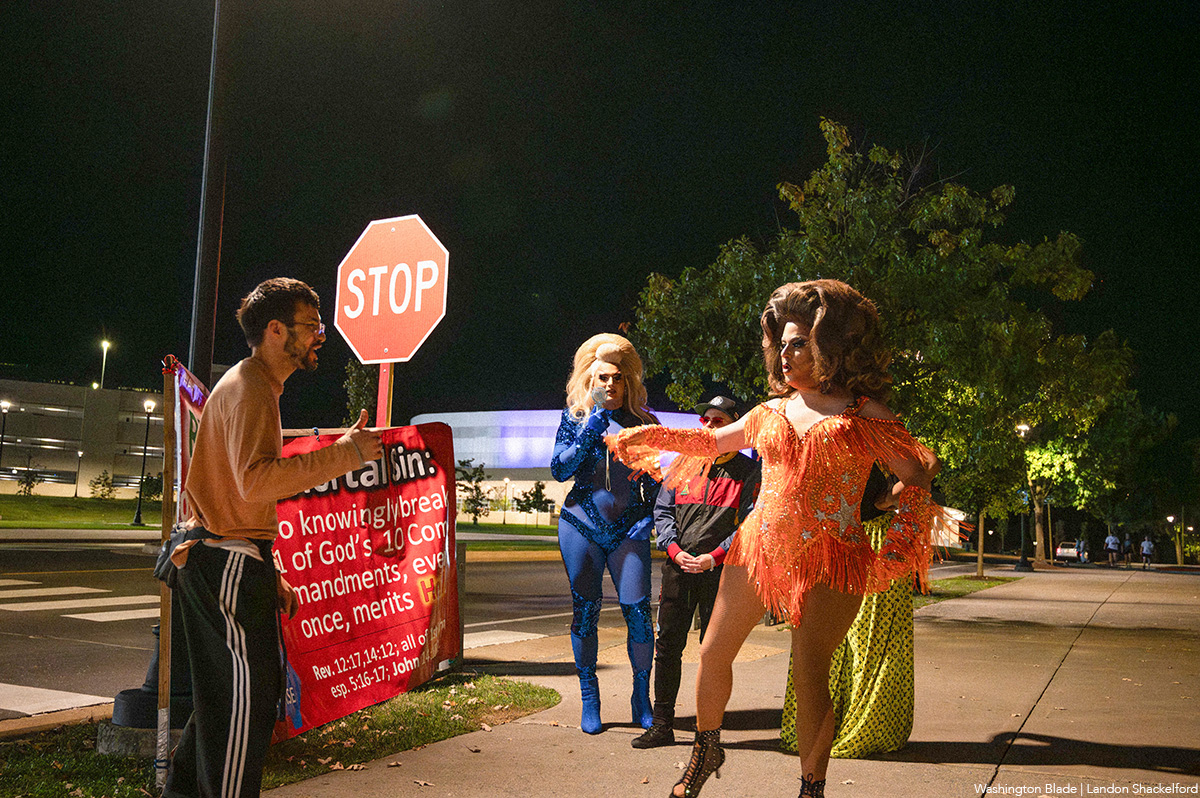
Drag artists perform for crowds in towns across Virginia. The photographer follows Gerryatrick, Shenandoah, Climaxx, Emerald Envy among others over eight months as they perform at venues in the Virginia towns of Staunton, Harrisonburg and Fredericksburg.
(Washington Blade photos by Landon Shackelford)
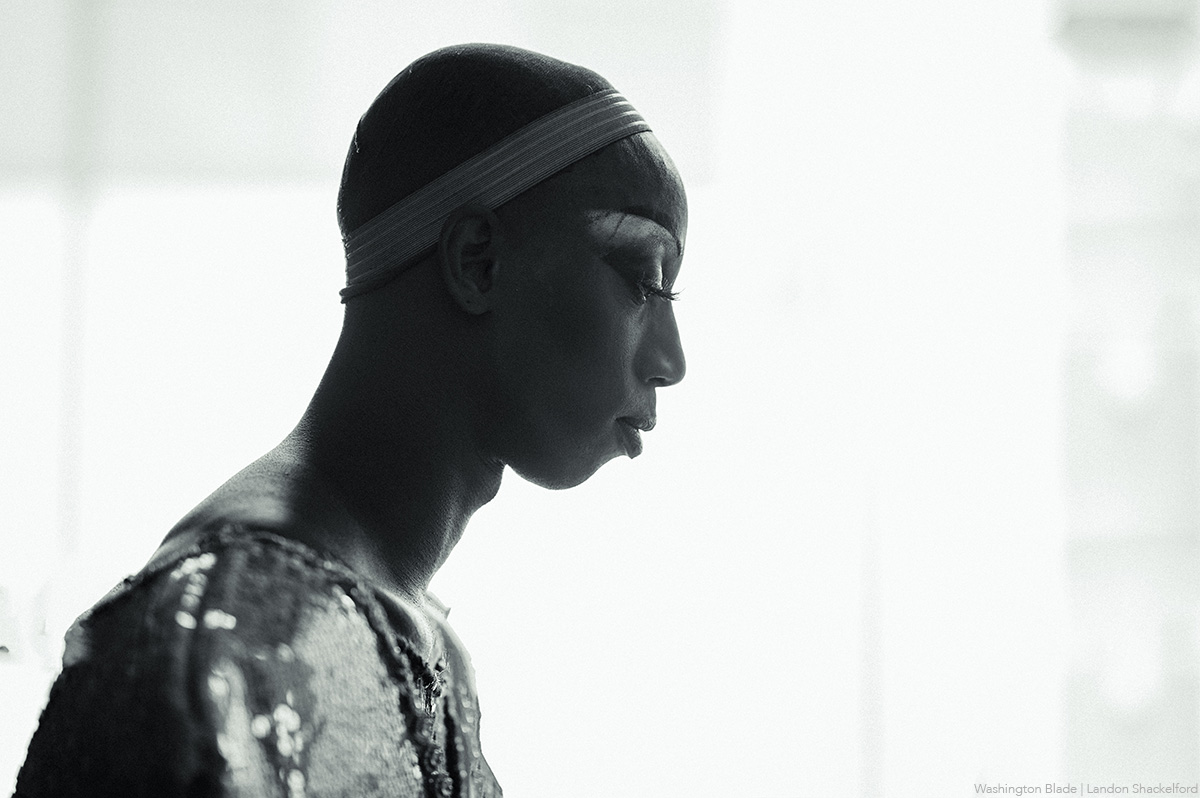
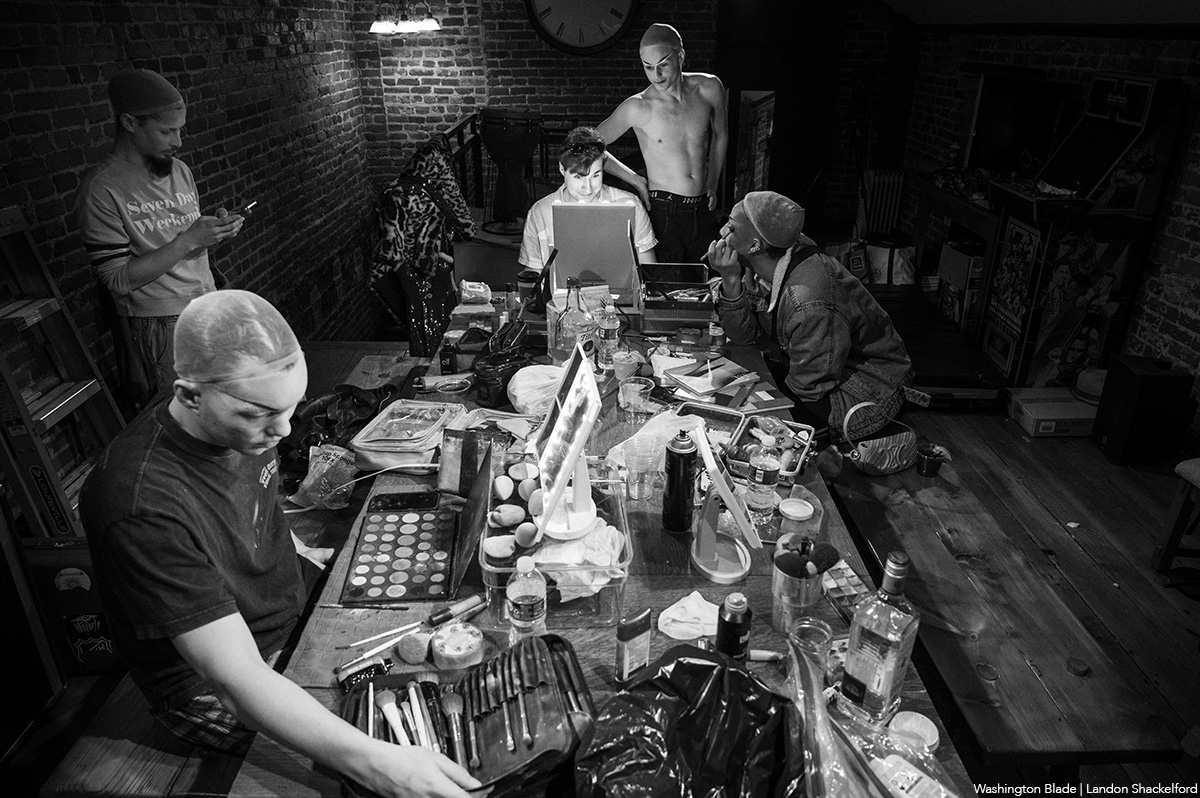
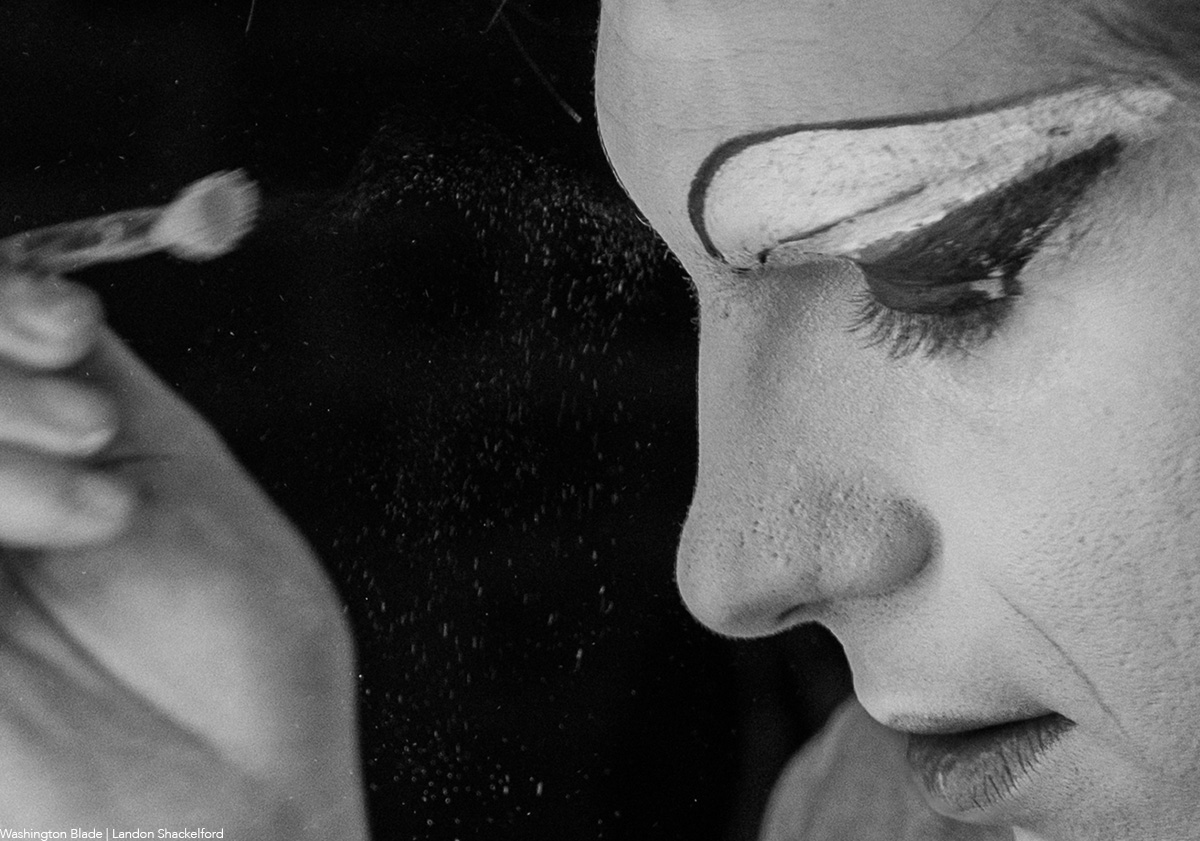
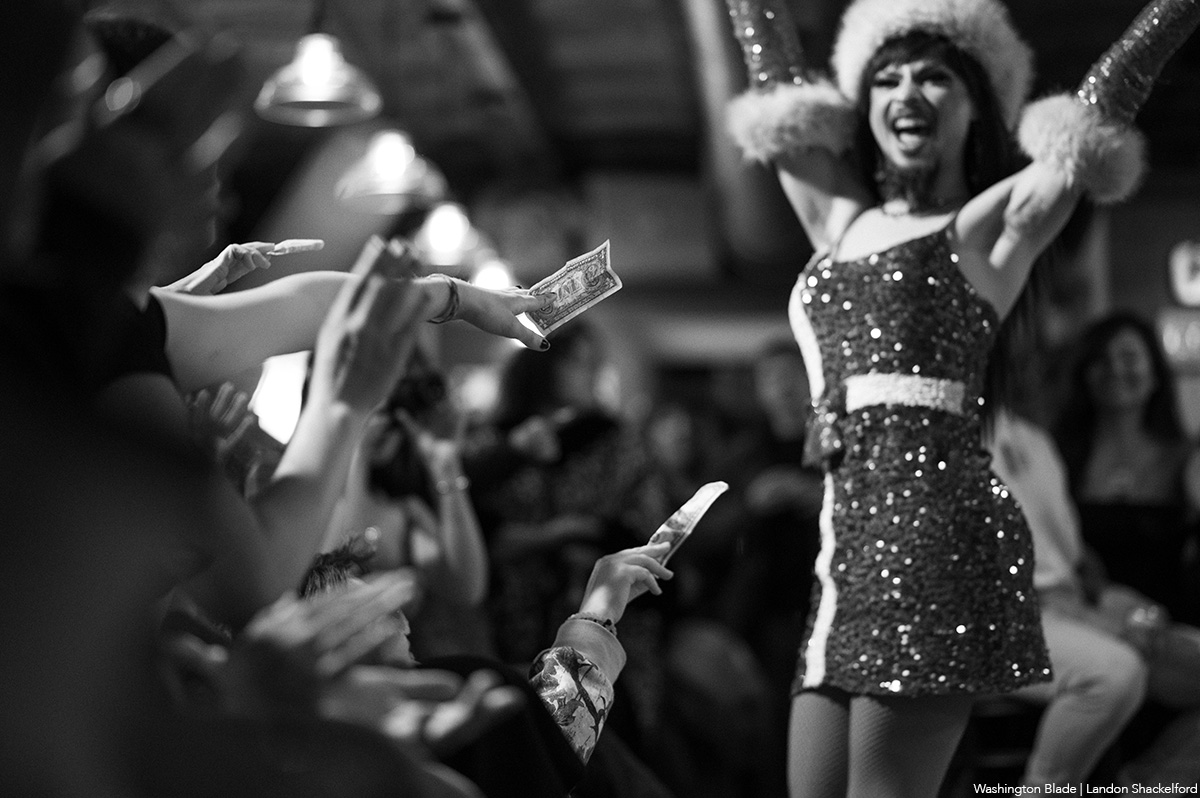
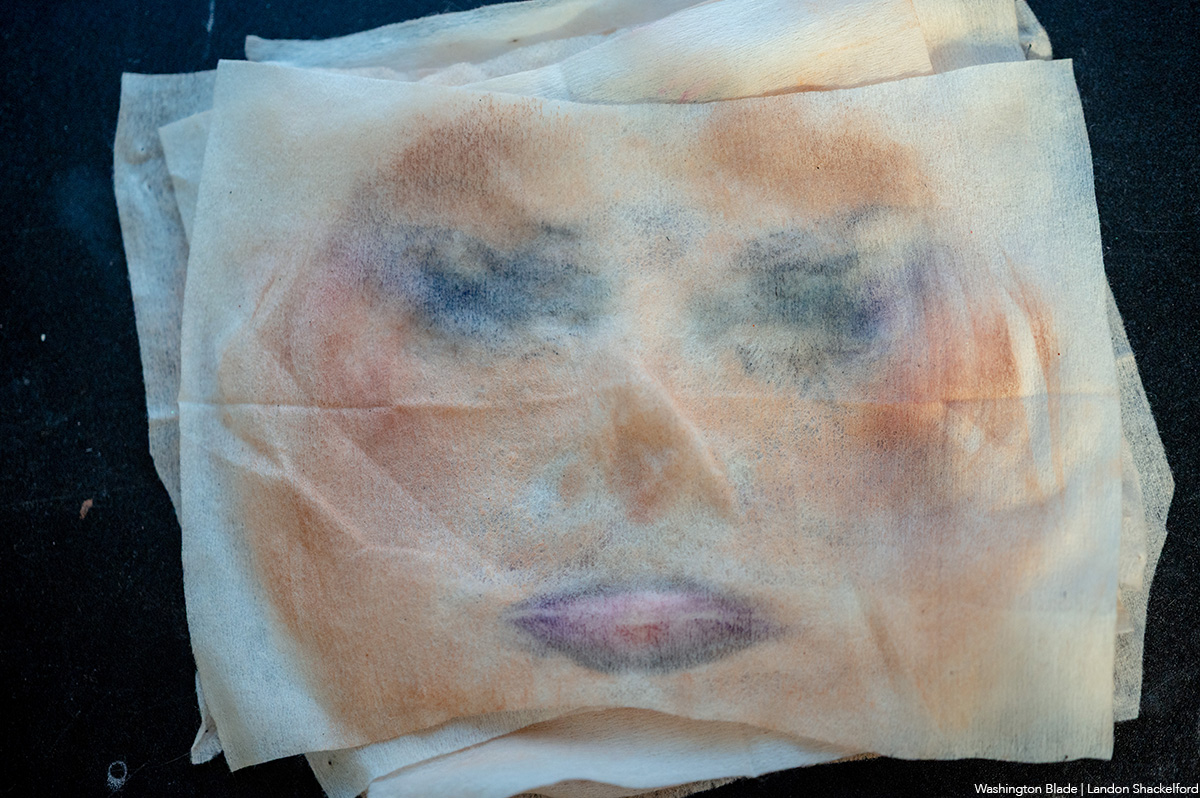
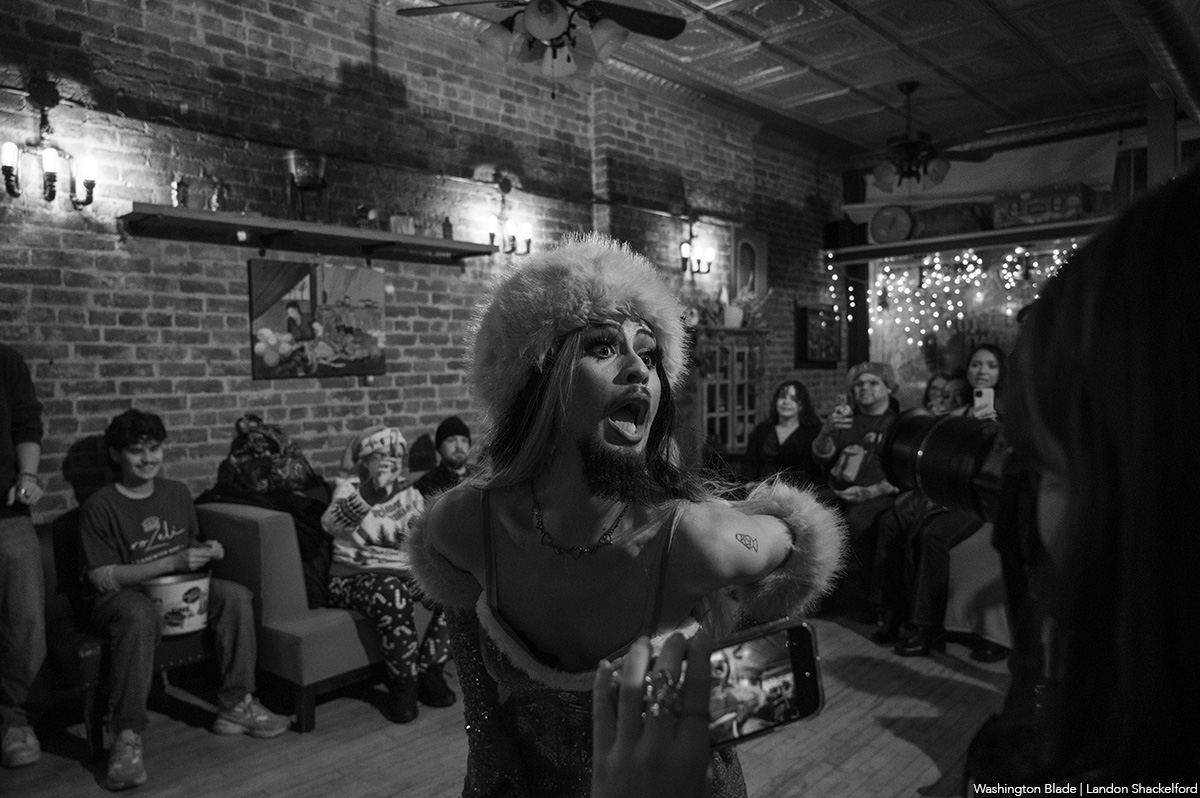
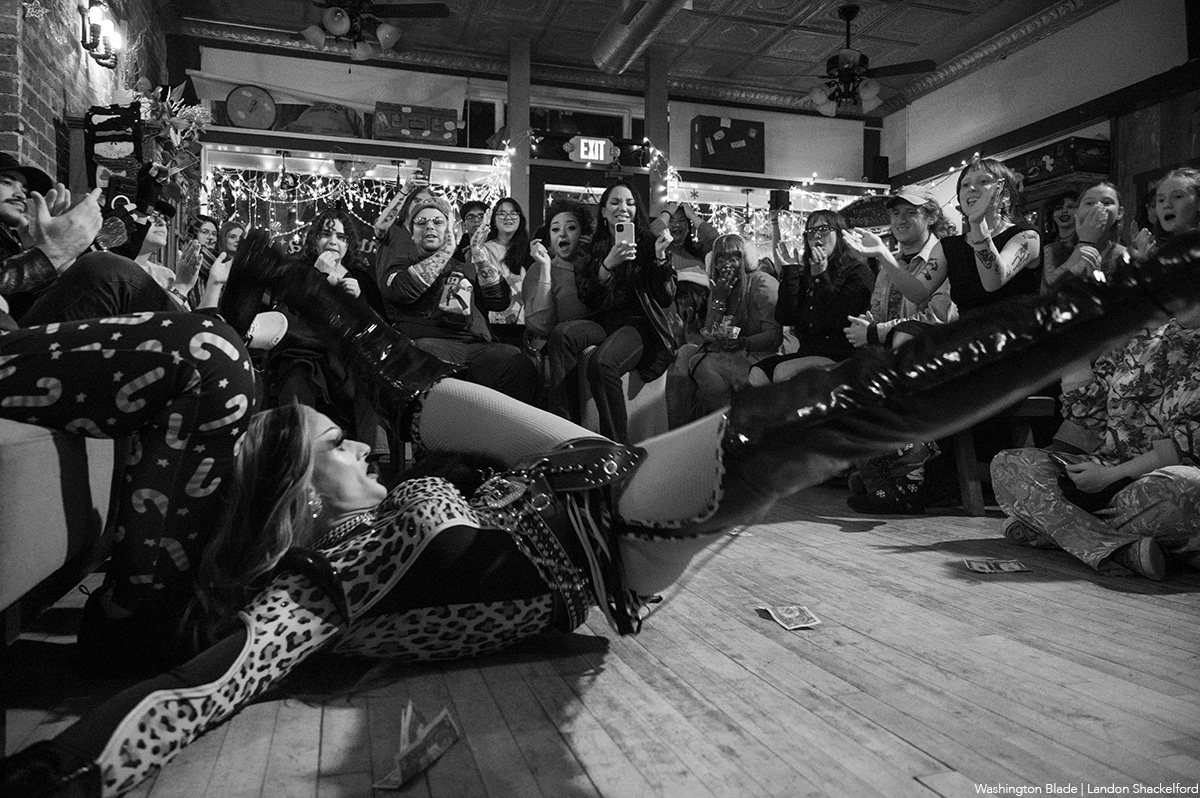
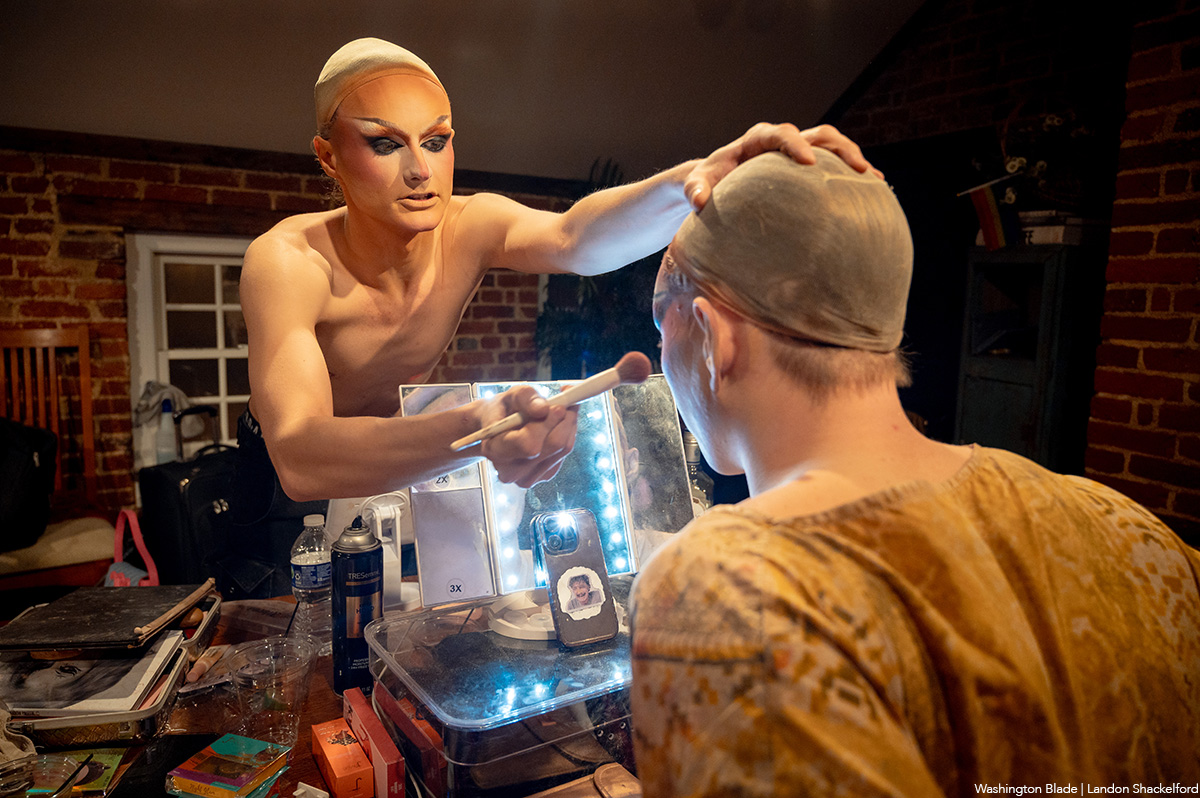
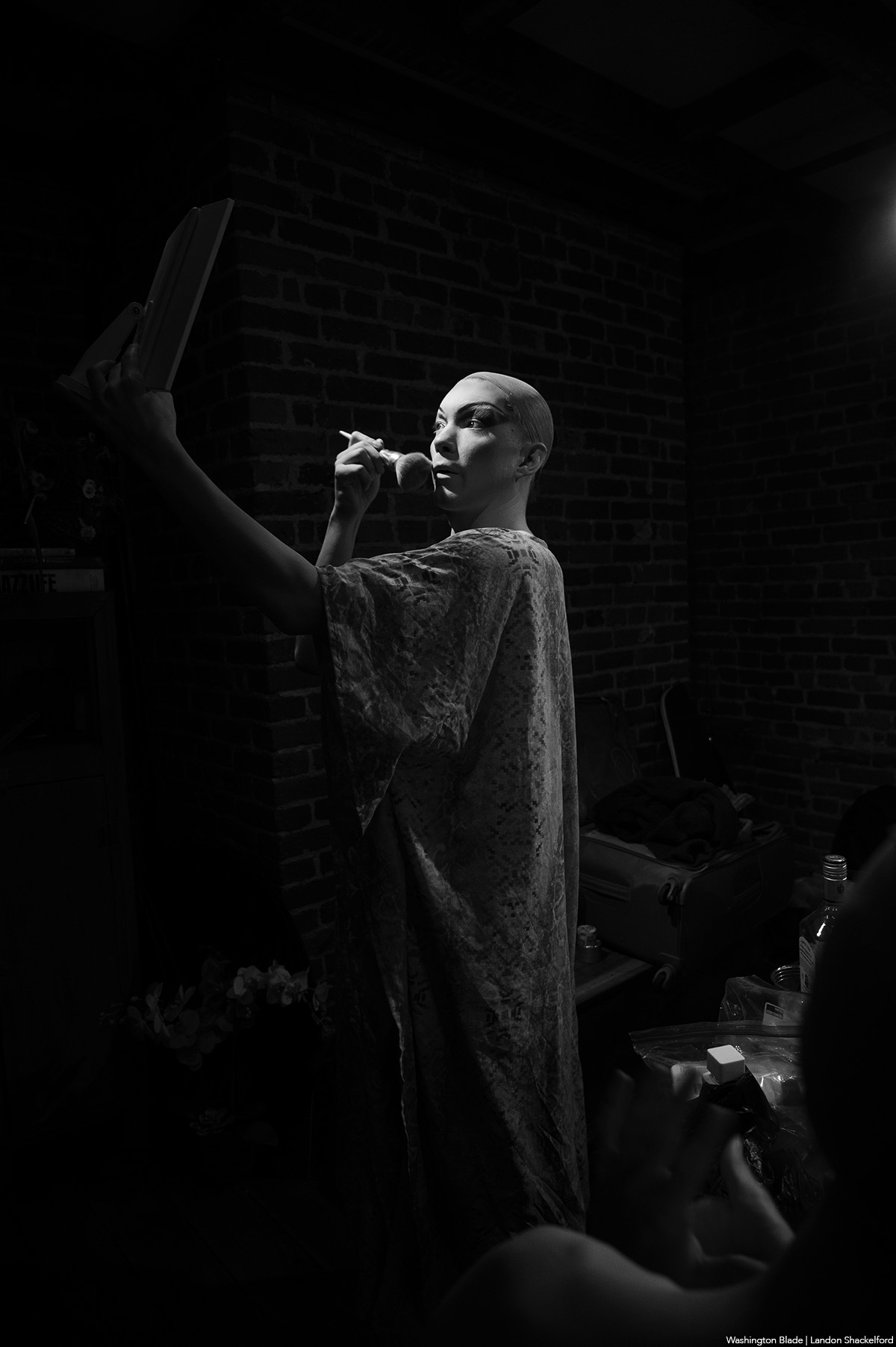
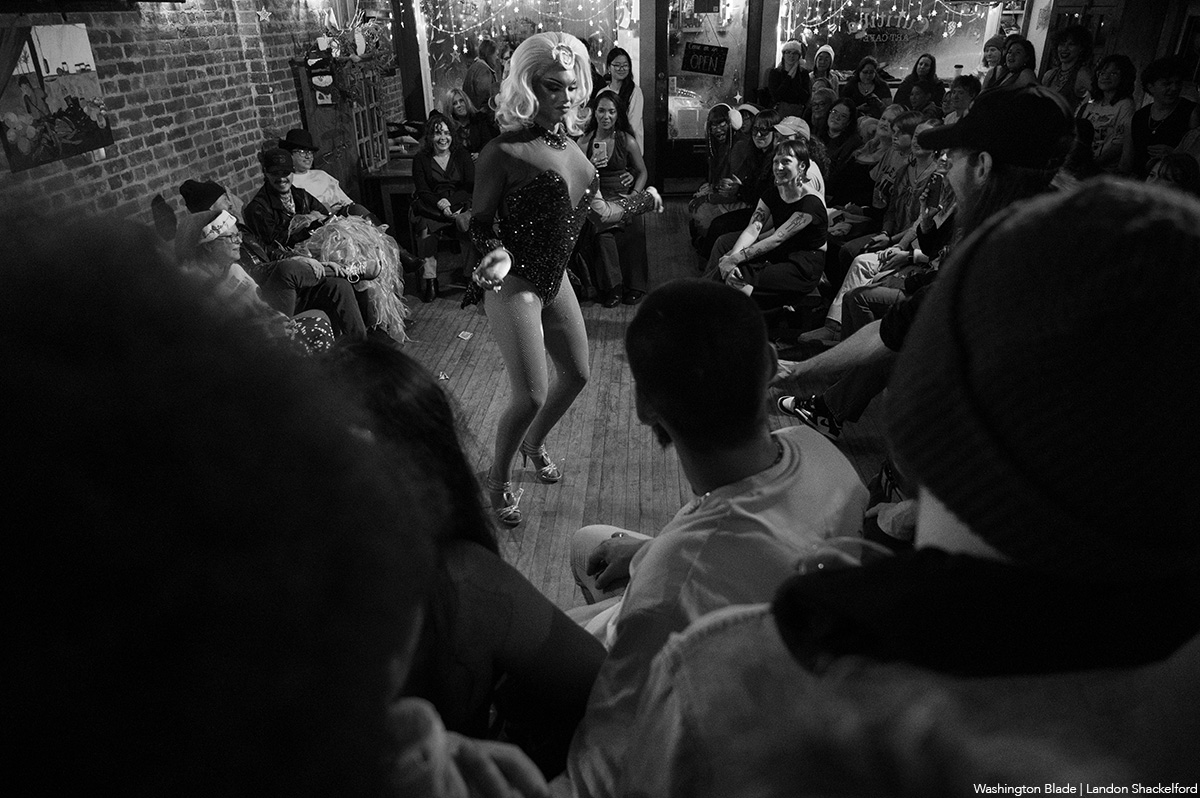
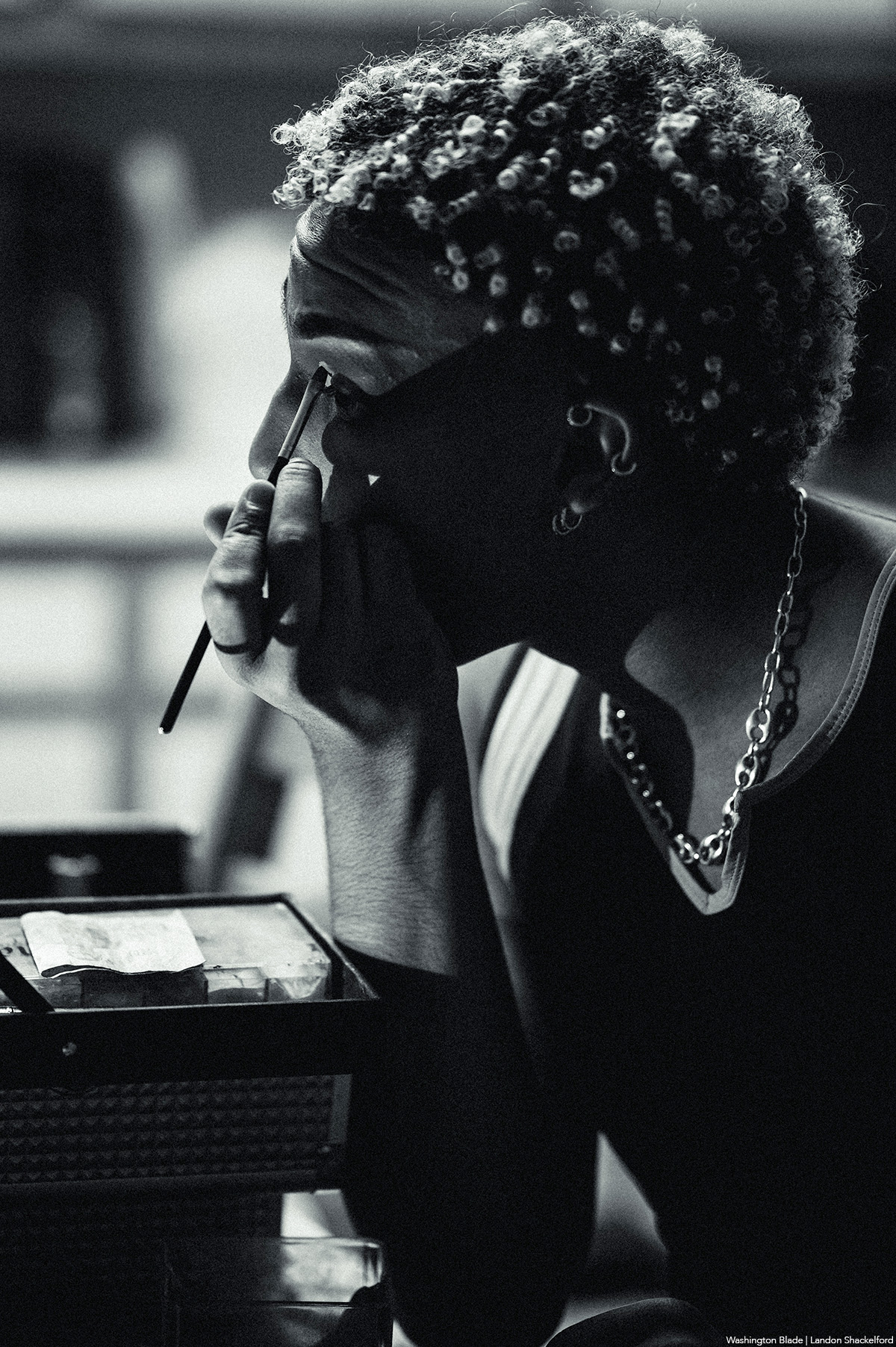
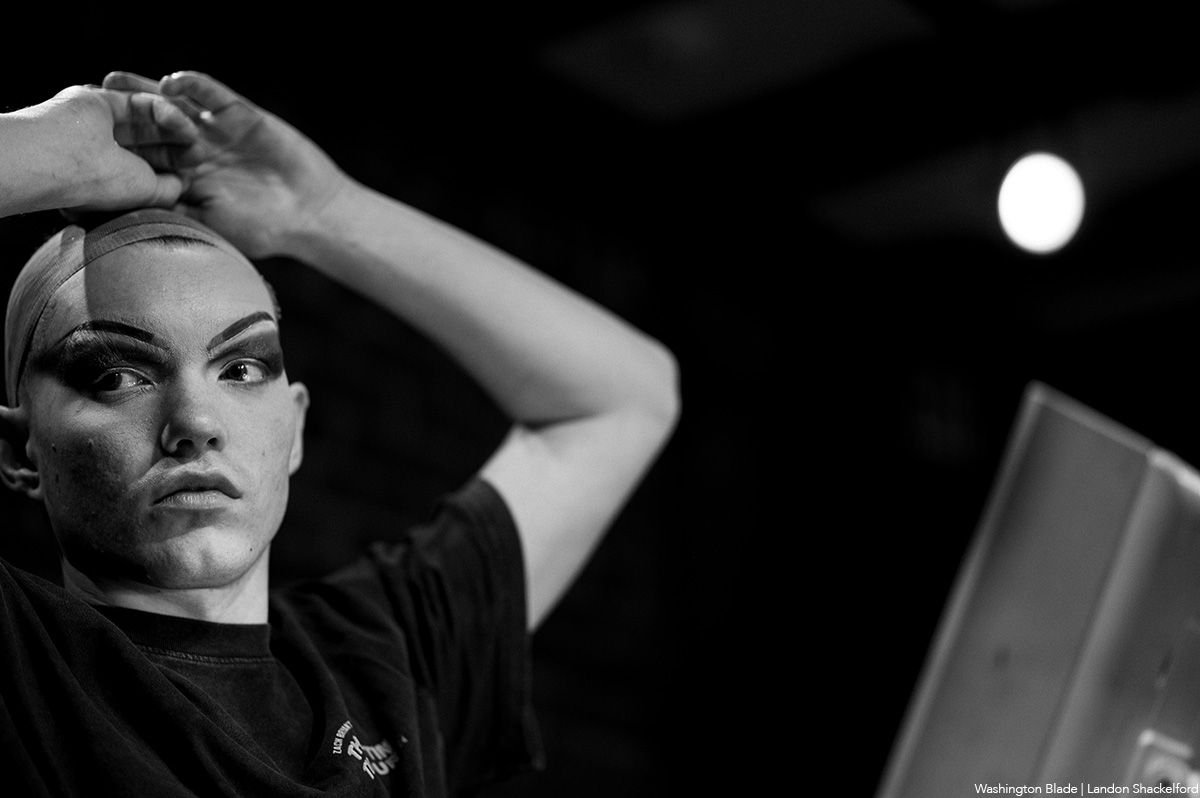
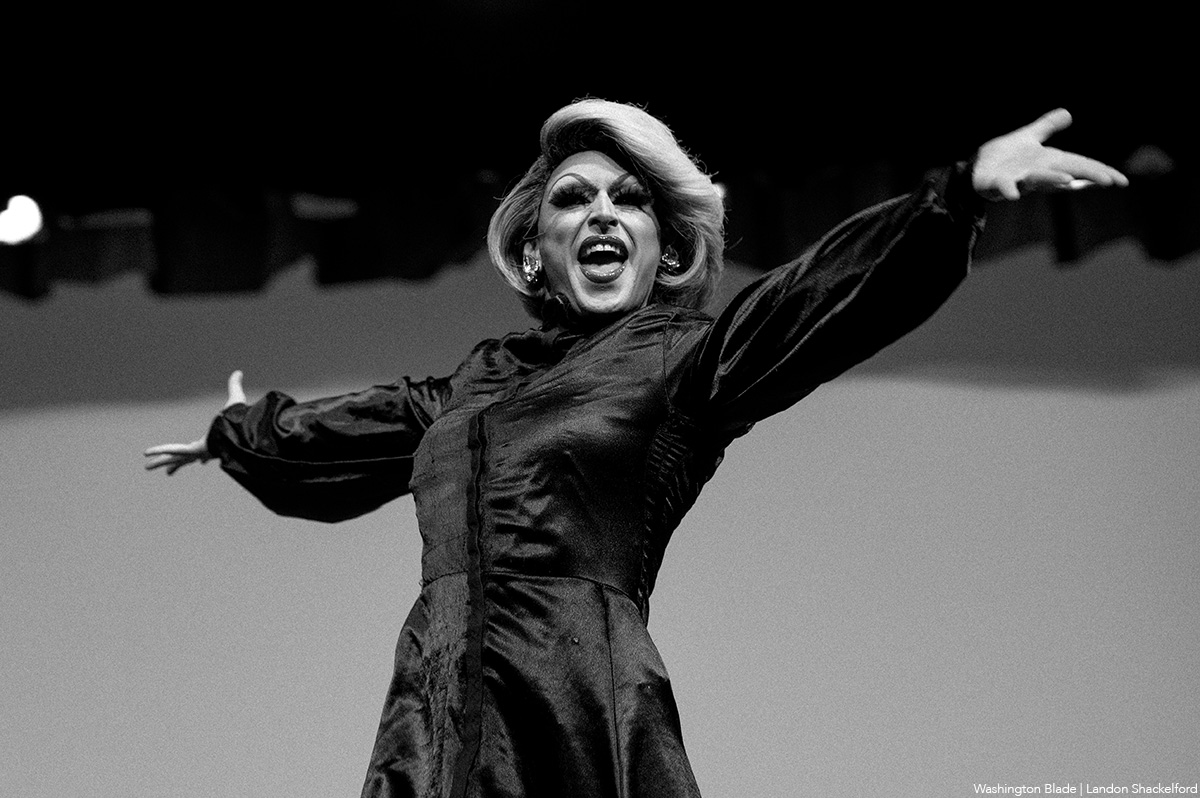
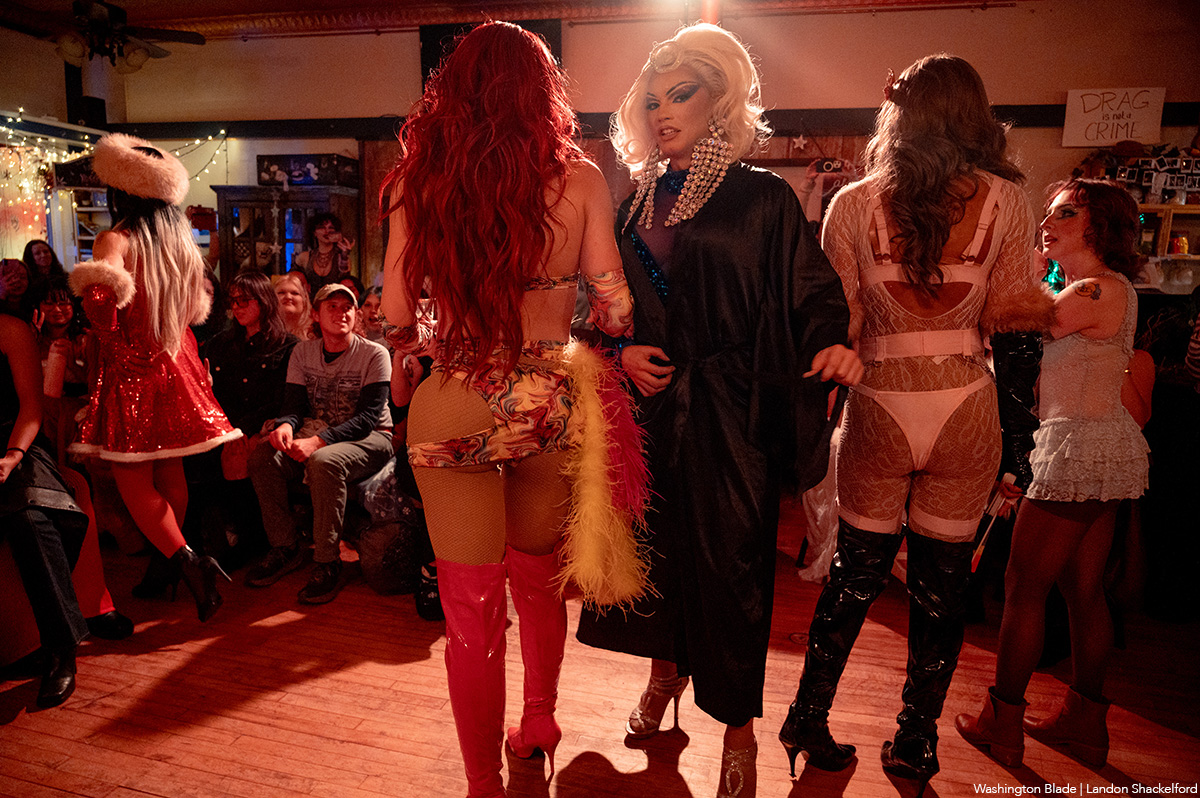
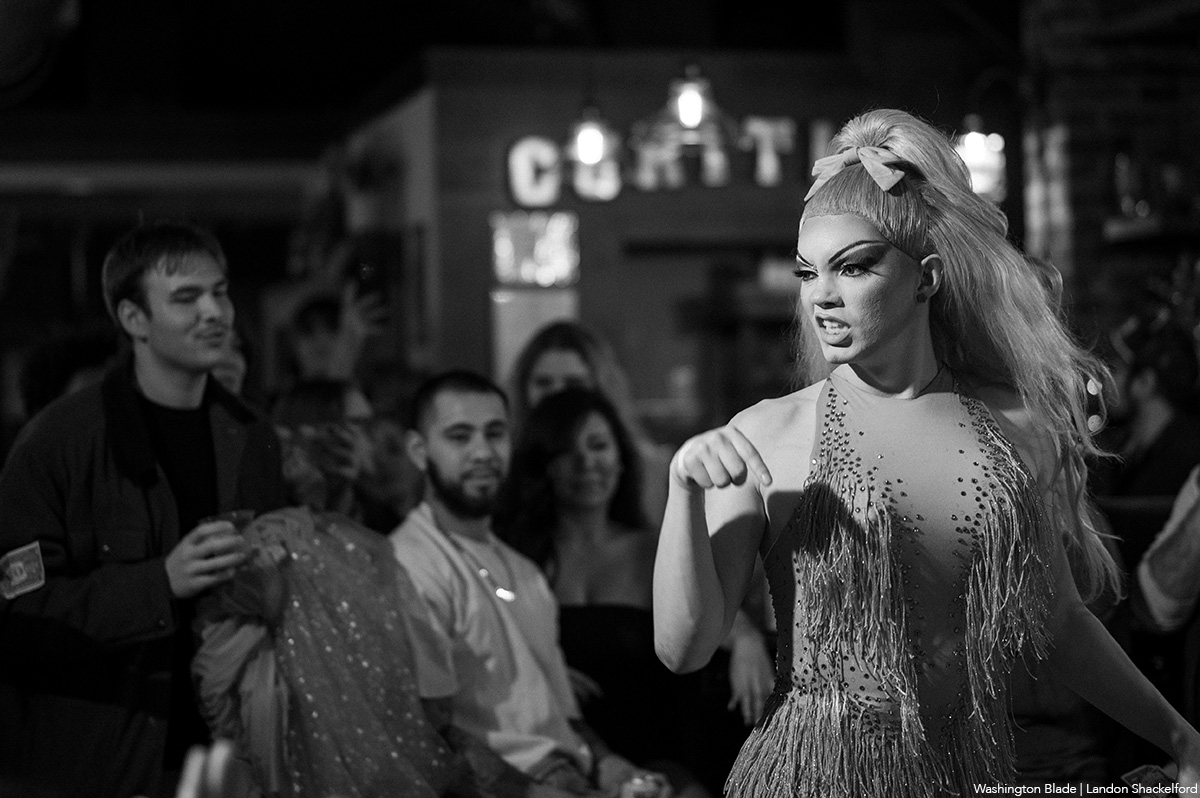
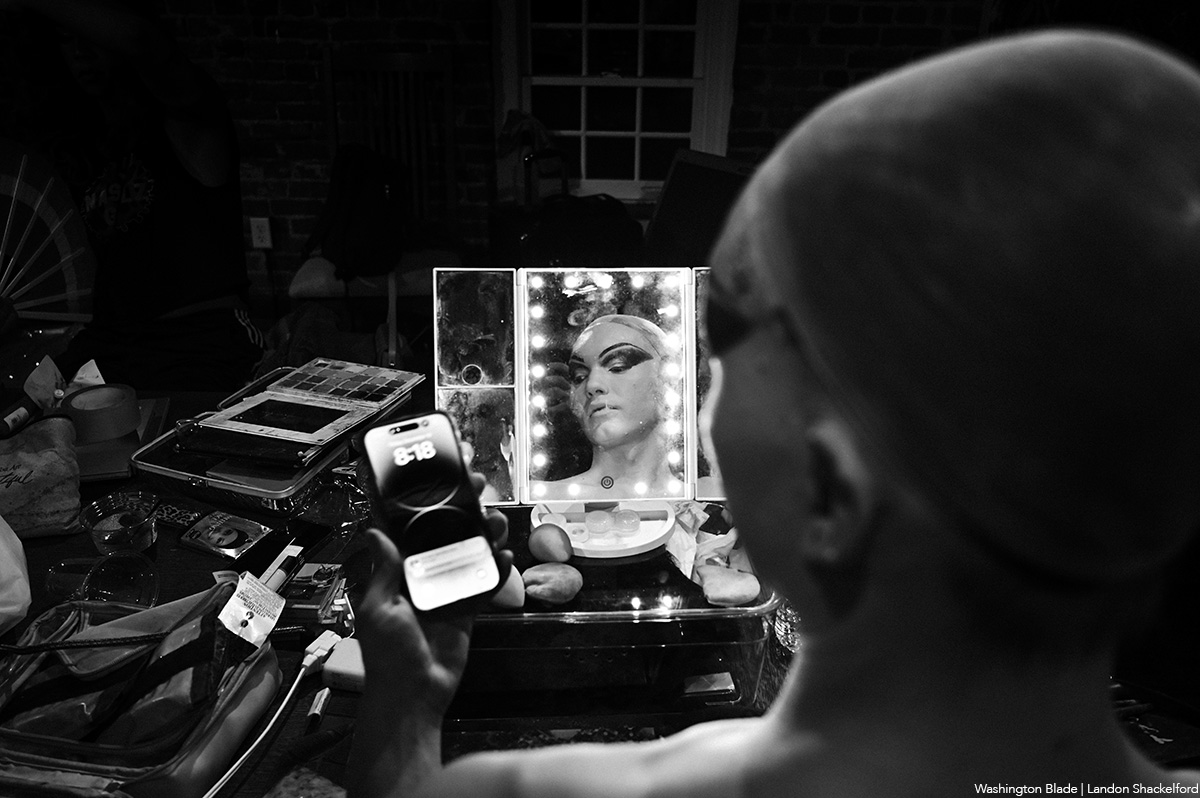
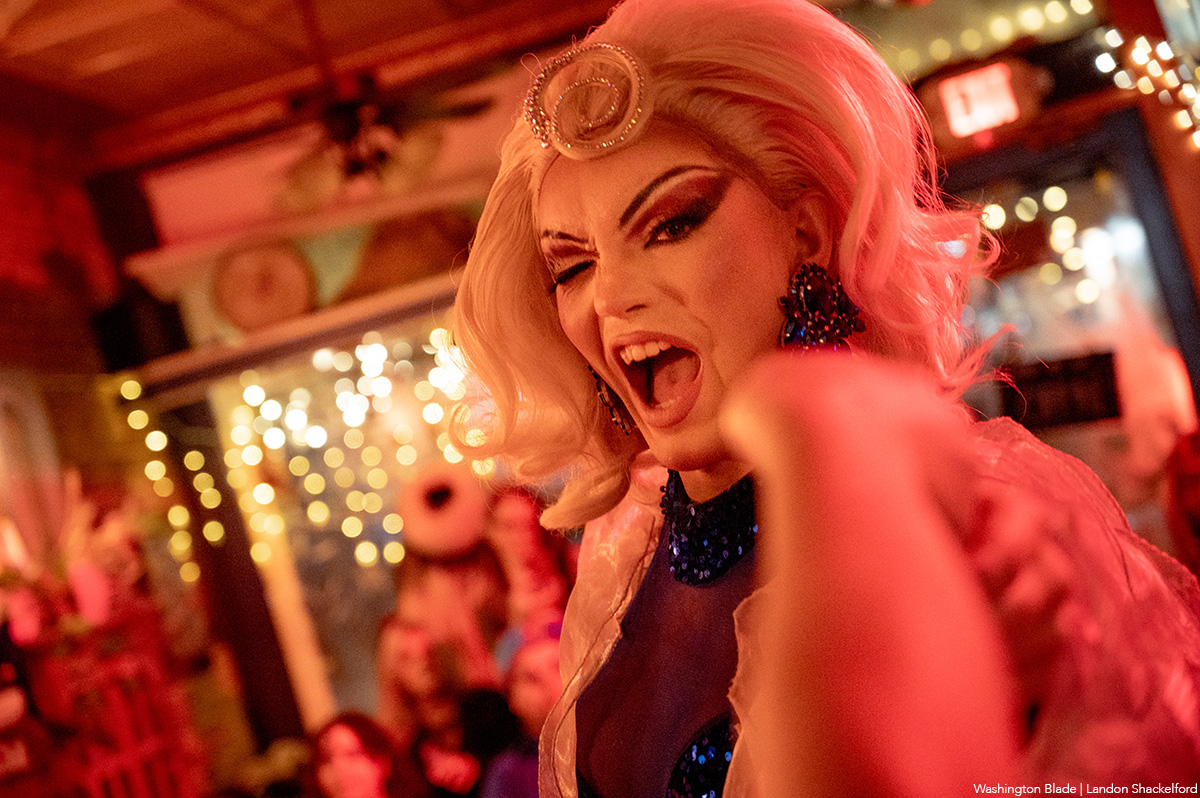
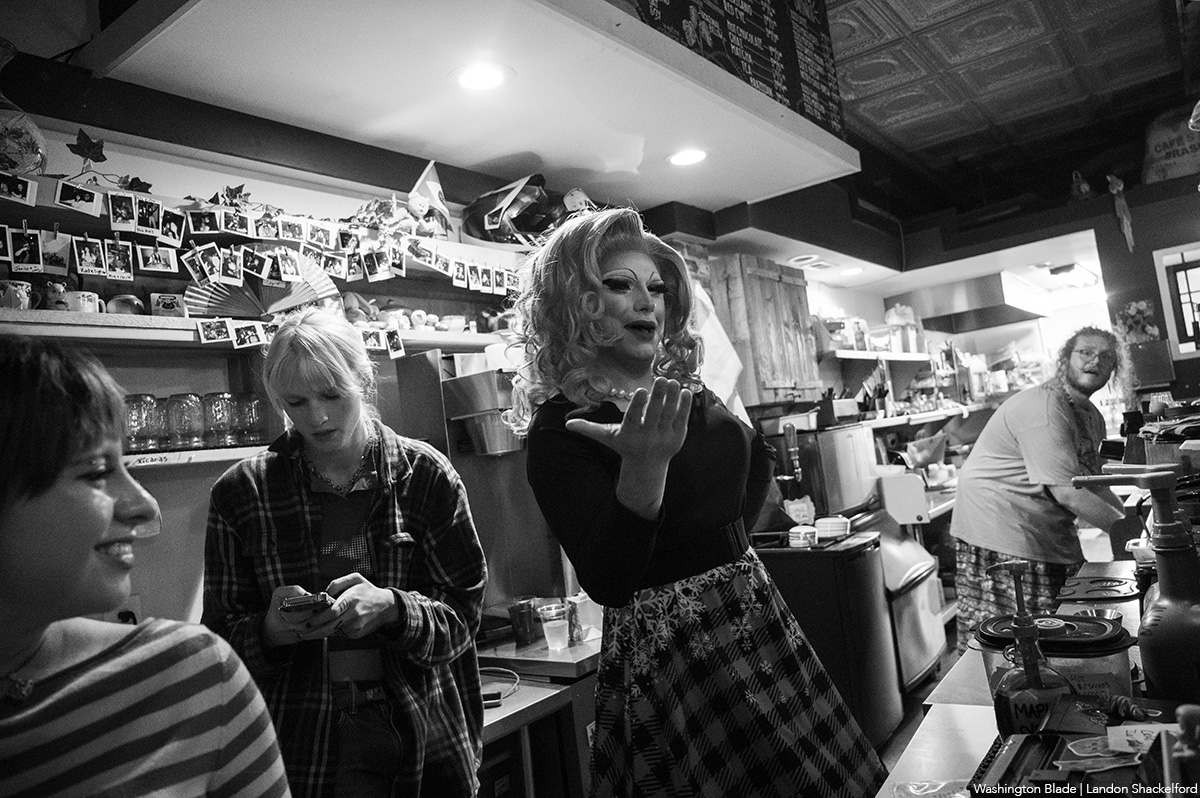
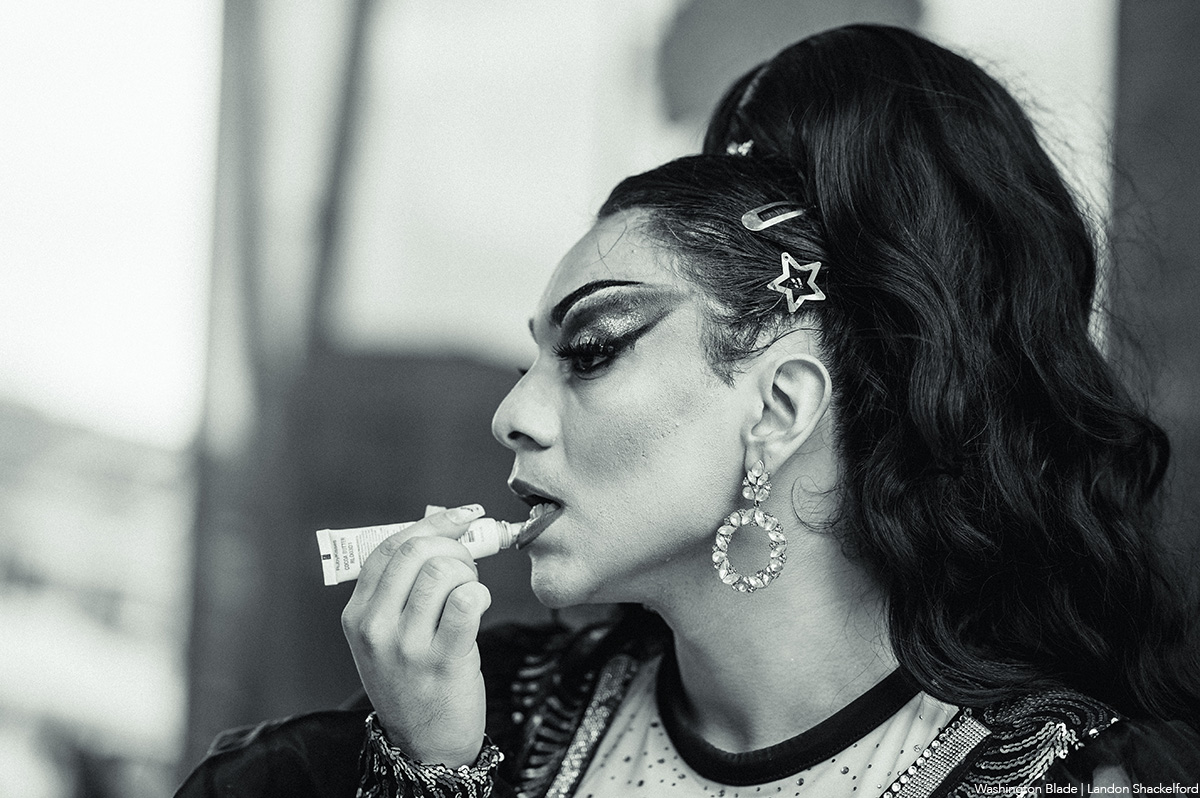
-

 a&e features5 days ago
a&e features5 days agoMarc Shaiman reflects on musical success stories
-

 Television5 days ago
Television5 days agoNetflix’s ‘The Boyfriend’ is more than a dating show
-

 Movies5 days ago
Movies5 days ago50 years later, it’s still worth a return trip to ‘Grey Gardens’
-

 Opinions5 days ago
Opinions5 days agoSnow, ice, and politics: what is (and isn’t) happening



